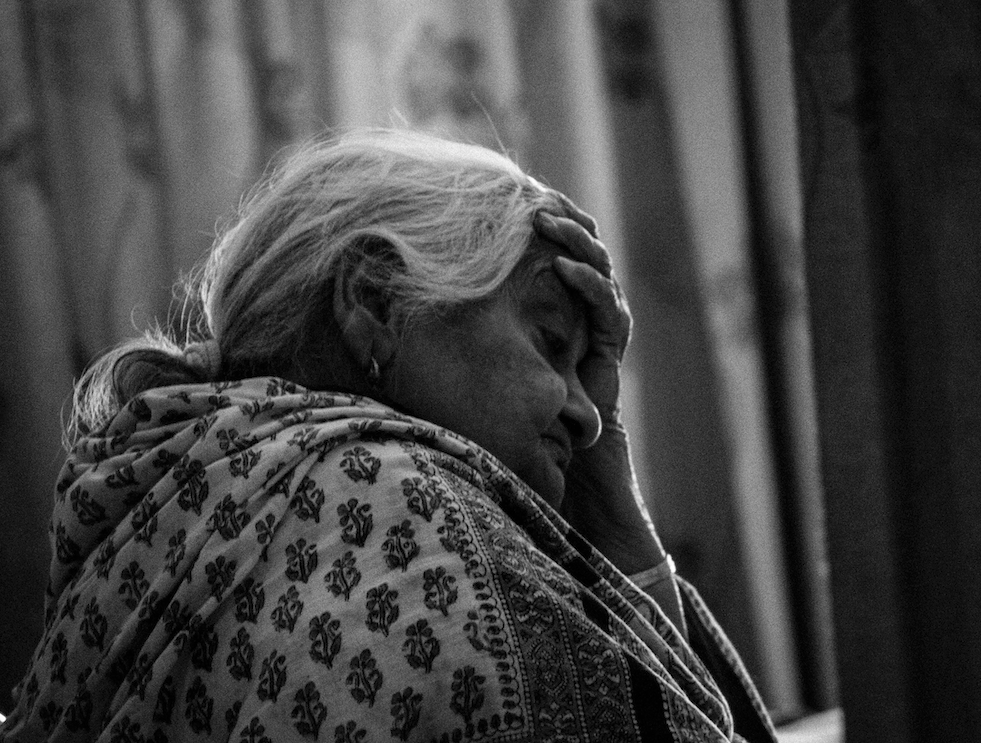
With nursing homes preventing family members from visiting or limiting their visitation time due to COVID-19, it is imperative more than ever to check for signs of elder neglect at nursing homes. The following are the most common signs of elder neglect.
1. Infections
A glaring sign of elder neglect is when an elderly patient contracts an infection at the nursing home such as COVID-19, meningitis, streptococcal infections, staph infections, and MRSA or other antibiotic-resistant bacterial diseases. You should see if the nursing home have proper protocols in place to prevent the spread of infectious diseases. More importantly, see if the staff members are actually practicing such protocols such keep infected patients separate from other patients in the nursing home and the staff members using masks, gloves, and gowns when necessary.
2. Pressure Sores
Some patients at skilled nursing homes have to be turned and repositioned every two hours. This is because if a patient lies down on her back too long or his side too long, the skin starts to break down because of the pressure (hence the name pressure sores or pressure ulcers). This happens especially on areas like the heels, ankles, hips, and buttocks. They first start to get red, then it becomes worse to the point where the skin starts rotting away, sometimes even to the muscle or bone underneath. These wounds are NOT a natural part of the aging process. It is usually caused by the nursing home failing to turn or reposition the patient like they are supposed to.
3. Repeated Falls
If the patient suffers from injuries such as bruising or fractures, see if such injuries resulted from a fall. A patient should not be falling repeatedly, if at all. Unfortunately, many elders are susceptible to repetitive falls. This type of injury can have serious consequences including fractures, broken bones, head injury, spinal cord injury, and fatalities. For elderly patients, the probability of broken bones increases with age. Remember to ask the patient. Sometimes a patient may fall and not tell the family member. If the patient has Alzheimer’s or dementia and cannot respond, be sure to look for symptoms such as swelling, bruising, deformity, and inability to use the limb.
4. Significant Loss of Weight
Families should watch out for malnutrition and dehydration. This happens due to the failure to monitor intake such as when meals are rushed and residents do not get assistance eating. The elder is starving from not getting enough food or nutrients. This is inexcusable and can lead to greater health risks for an elderly person like infections, pressure sores, kidney disease, and fatality.
5. Soiled Diapers and Clothes
A patient should not be repeated in soiled diapers. The nurses should help change and clean the patients frequently. Family members may just say there is nothing the nurses can do since the patient is incontinent. That is simply not true. The nurses should be regularly changing and cleaning patients.
If they are kept in dirty diapers too long and the patient has a wound in his coccyx, the patient can develop infections. Sometimes the patient starts to scratch when left in a soiled diaper for too long and then the feces and urine is left in their hand and may touch their mouth. Many patients get urinary tract infection being left too long in diaper filled with urine.
Actively check for dirty diapers. There are other signs too such as dirty skin and unkempt hair.
If you’re concerned about whether you or your loved one is being neglected at a nursing home, be sure to contact us for a free consultation.
